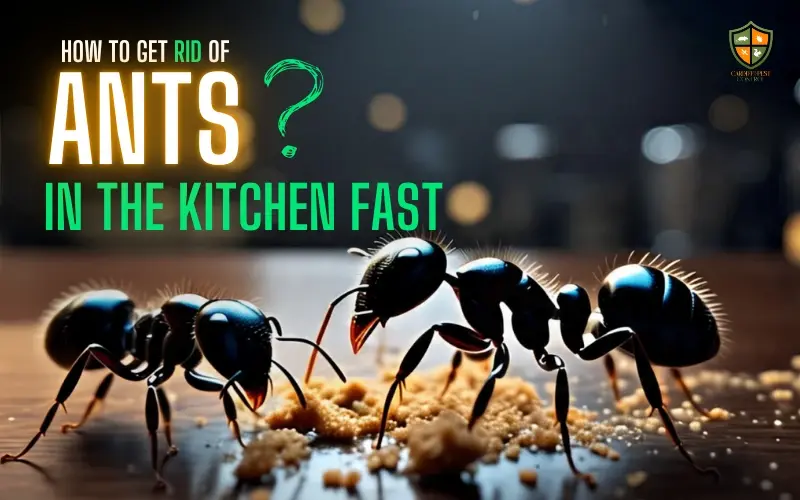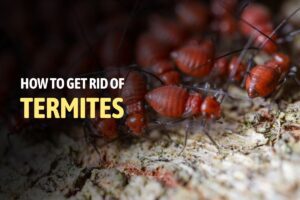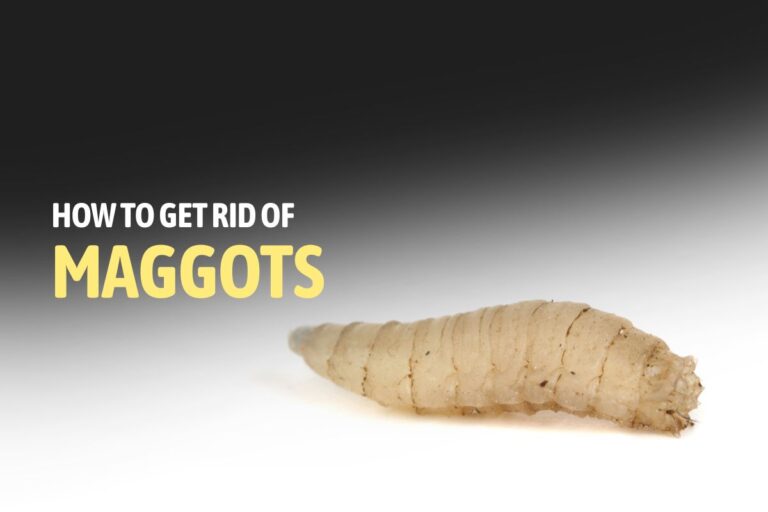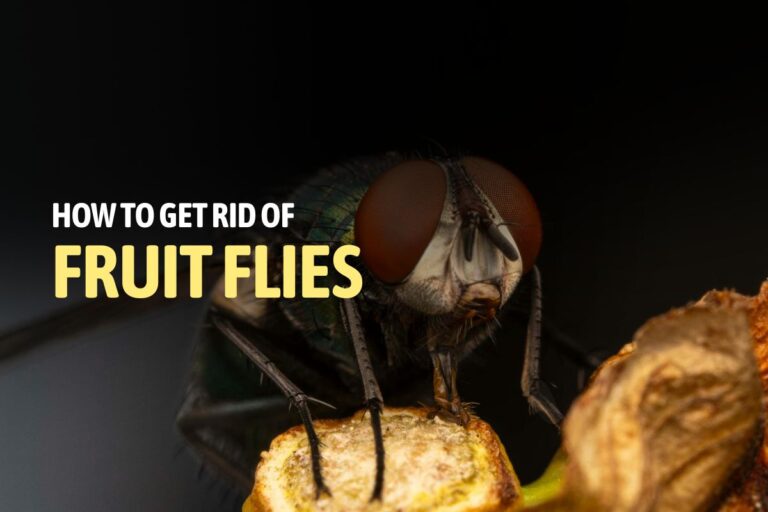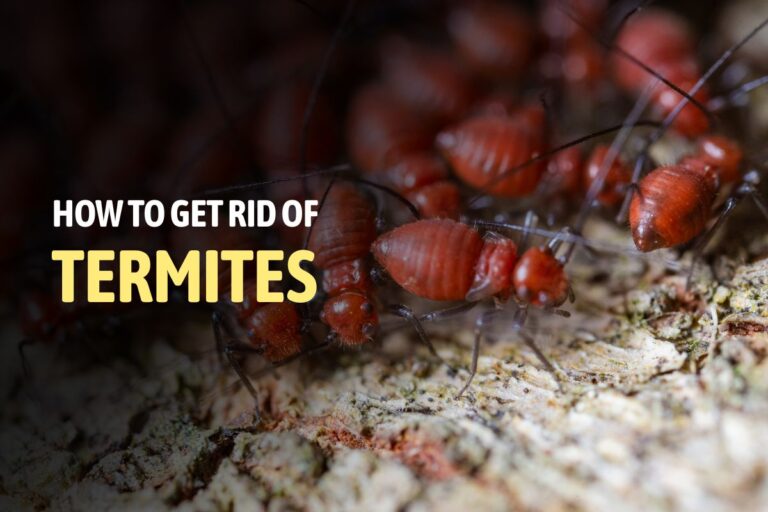Table of Contents
ToggleSeeing ants in your kitchen can be frustrating and unhygienic. They’re often attracted to food, especially sweets, and can quickly spread across countertops, cabinets, and floors. While they may seem small, ants can contaminate food and create an unhealthy environment. We understand how important it is to keep your kitchen clean, safe, and ant-free. If you’re looking to get rid of ants in the kitchen, it’s important to act quickly and keep the area clean and protected to avoid recurring problems.
In this blog, we will go through everything you need to know about kitchen ant control, including effective solutions, prevention tips, and when to call in the professionals.
Why Are Ants Attracted to Kitchens?
Ants come into kitchens because it’s an easy place to find food, water, and shelter. Tiny crumbs, sweet spills, or even a damp sink can attract them. Once one ant finds a food source, it leaves a trail of pheromones for others to follow, leading to an ant infestation in the kitchen.
Common types of ants found in kitchens include:
- Sugar ants
- Carpenter ants
- Grease ants
Each of these species behaves differently, but they’re all after the same thing: a free meal.
Proven Steps to Quickly Remove Ants from Your Kitchen
Dealing with an ant infestation in the kitchen can be both frustrating and unhygienic. To effectively get rid of ants in the kitchen fast, follow these detailed, practical steps that address the root of the problem and help prevent future occurrences.
1. Locate the Ant Trail and Entry Points
The first step is identifying where ants are coming from. Ants typically form trails from a food source back to their colony. Watch their movement to find entry points, which are often:
- Around windows and doors
- Cracks in baseboards, tiles, or walls
- Openings near plumbing or under sinks
- Small holes near electrical outlets
Finding these trails and entry areas allows you to apply treatment where it matters most.
2. Clean Your Kitchen Thoroughly
Cleaning is one of the most effective ways to prevent ants in the kitchen. Ants are attracted to food particles and moisture. A clean kitchen eliminates their main attractions.
Follow these essential cleaning steps:
- Wipe down countertops with vinegar and water or lemon juice
- Sweep and mop the floors daily
- Store food, including pet food, in airtight containers
- Take out the trash regularly and sanitize bins
- Clean sticky containers and dry wet sponges or dishcloths
- Vacuum under large appliances like the fridge, stove, and dishwasher
This routine breaks the ants’ scent trail and discourages them from returning.
3. Use Natural Ant Repellents for Kitchens
If you want to avoid chemicals, try natural ant repellents for kitchens that are safe for use around food and pets. These options are effective and easy to apply.
Some proven natural repellents include:
- Vinegar and water spray (1:1 ratio)
- Lemon juice applied along window sills and baseboards
- Peppermint oil diluted with water and sprayed near entry points
- Cinnamon powder sprinkled where ants travel
Apply these repellents to baseboards, entry cracks, under sinks, and other high-traffic areas.
4. Use Ant Baits Strategically
When natural solutions aren’t enough, ant baits are the most effective method to eliminate the entire colony. Baits attract ants who carry the poison back to their nest, eventually killing the queen and others.
Types of baits include:
- Gel baits placed under cabinets or near wall corners
- Liquid bait stations for targeting sugar ants
Place bait along active trails and avoid disturbing ants during this period. Do not use sprays while baiting, as it will kill foraging ants before they can carry the poison back.
If you’re dealing with specific types like ants, consider reading how to spot bed bugs early – 5 key signs for targeted solutions.
5. Seal All Entry Points
Once the activity slows, it’s time to prevent future infestations. Ants are persistent and will return if access remains easy.
Steps to seal off entry points:
- Use caulk to seal cracks in the walls, floors, and around windows
- Repair worn-out weather stripping on doors
- Fix leaky pipes and eliminate moisture sources
- Install door sweeps if needed
This is a vital step in long-term kitchen ant control and should not be skipped.
6. Maintain a Regular Cleaning and Inspection Routine
Once you’ve handled the ants, keeping your kitchen clean is important. Even a small spill, like a drop of juice, can bring them back.
Ongoing prevention includes:
- Wiping down kitchen surfaces daily
- Cleaning up food spills immediately
- Keeping dry foods sealed
- Avoiding overnight dirty dishes in the sink
- Taking out the garbage daily
Also consider trimming vegetation outside that may be in contact with your kitchen walls, as ants often use branches as a bridge indoors.
If you’re managing multiple pest problems, you might be interested in the following:
- How to Know If You Have Rats in the Walls
- What to Expect During a Professional Bed Bug Treatment
- Serious Health and Hygiene Risks
- How to Control Common Household Pests
We also provide trusted services for Rodents Control, Ant Control Services, Cockroach Control, Squirrel Removal, and Other Insects Control throughout the Cardiff area.
Employ Natural Repellents to Keep Ants Away
Using natural repellents is a safe and effective way to discourage ants from entering your kitchen without relying on harsh chemicals. Here are some easy options you can try:
- Essential oils: Peppermint, tea tree, and eucalyptus oils have strong scents that ants dislike. Mix a few drops with water in a spray bottle and apply around windows, doorways, and along ant trails.
- Spices: Cinnamon and cloves act as natural barriers. Sprinkle them near entry points to help keep ants away.
- Non-toxic and safe: These remedies are safe for your family and pets, making them a great alternative to chemical sprays.
- Easy to combine: Use these natural repellents alongside regular cleaning to maintain an ant-free kitchen.
Kitchen Ant Control: Do’s and Don’ts
Do:
- Store food in sealed containers
- Keep kitchen dry and clean
- Use bait stations
- Use natural repellents
Don’t:
- Use outdoor pesticides indoors
- Ignore the problem
- Leave pet food out overnight
- Use sprays near bait stations
Preventing Ants in the Kitchen: Long-Term Strategies
Preventing ants isn’t just a one-time job. Here are some habits to keep them away:
- Clean kitchen daily
- Seal all food in containers
- Don’t leave dirty dishes overnight
- Fix any plumbing leaks
- Keep floors dry and crumb-free
- Take out trash regularly
These habits significantly reduce the chance of future ant infestations in the kitchen.
Conclusion
Ants may be small, but they’re persistent. The key to effective kitchen ant control is quick action, consistent cleaning, and using the right tools. Whether it’s using natural ant repellents for kitchens, baiting, or sealing entry points, you have several options to stop ants in their tracks.
And if the infestation is serious, don’t hesitate to reach out to Cardiff Pest Control. Our professional team will help you get rid of ants in the kitchen fast and ensure they don’t come back.

